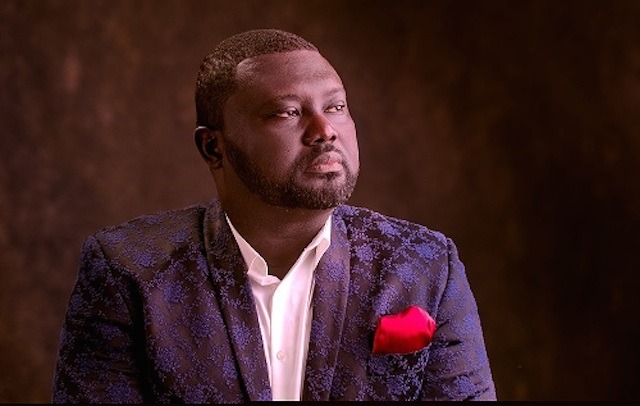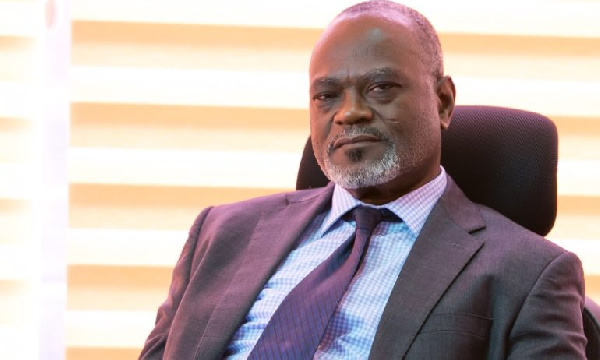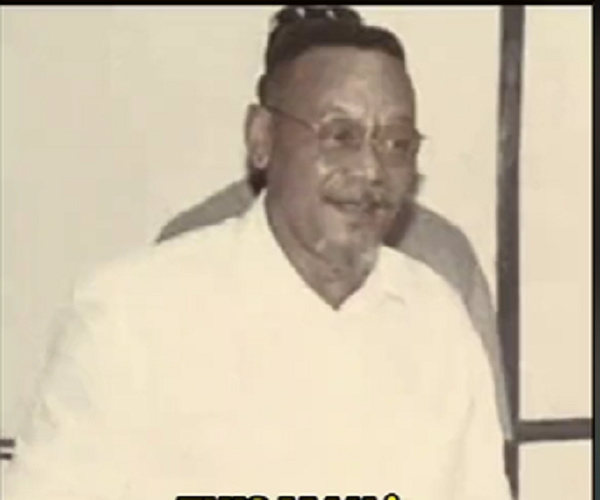
Emile Short Commission declines Ayine’s plea to cross examine witnesses

The Justice Emile Short Commission has turned down the application of the lawyers for Delali Brempong and Sam George to re-examine previous witnesses who appeared before the commission.
The commission said this was because Delali Brempong and Sam George were not the focus of the commission’s probe into the violence during the Ayawaso West Wuogon by-election.
Dominic Ayine, a lawyer for Delali Brempong had asked the commission to allow them because re-examine witnesses’ testimonies were linked to their client.
Mr. Ayine based his request on section 11 (1) c and 12 (2) of the Commission of Inquiry Practice and Procedure rules 2010.
But the Chairman of the Commission, Justice Emile Short deferred the ruling on the request at the time.
Sections 11 (1) C had to do with lawyers for the commission being responsible for the reexamination of a witness after the cross-examination of the witness by any other lawyer appearing before the commission.
“That section refers to reexamining by the lawyer for the commission and not by counsel for any witness appearing before the commission,” Justice Short remarked when he delivered a ruling today after Ningo Prampram MP Sam George had given his testimony.
Section 12 (2) notes that a lawyer appearing for a person who is the subject of the enquiry may cross-examine a witness.
Again, Justice Short retorted that “neither Mr. Delali nor honourable Sam George is a person whose conduct is the subject of this particular enquiry.”
“The work of the commission, unlike that of a regular court, is not to decide what the balance of rights and liabilities are between competing parties and the rules of evidence do not apply in the same way or sense,” the Commission’s chair noted in addition.
A further difference was cited with respect to how the commission handles evidence.
“Evidence laid by parties in a court are party-led or centred in nature. The evidence given and laid before the commission is commission-led or centred… witnesses who appear to testify before the commission do so to aid the commission to arrive at the truth in respect of the facts implicated in its mandate,” Justice Short elaborated.
Beyond this, the commission also maintained its inquisitorial approach because it was guided by the fact a “dangerous precedent that may be set.”
By way of reprieve, Justice Short said the lawyers could submit specific questions or queries or concerns to the secretariat of the commission.
Source: ghanaweb.com






